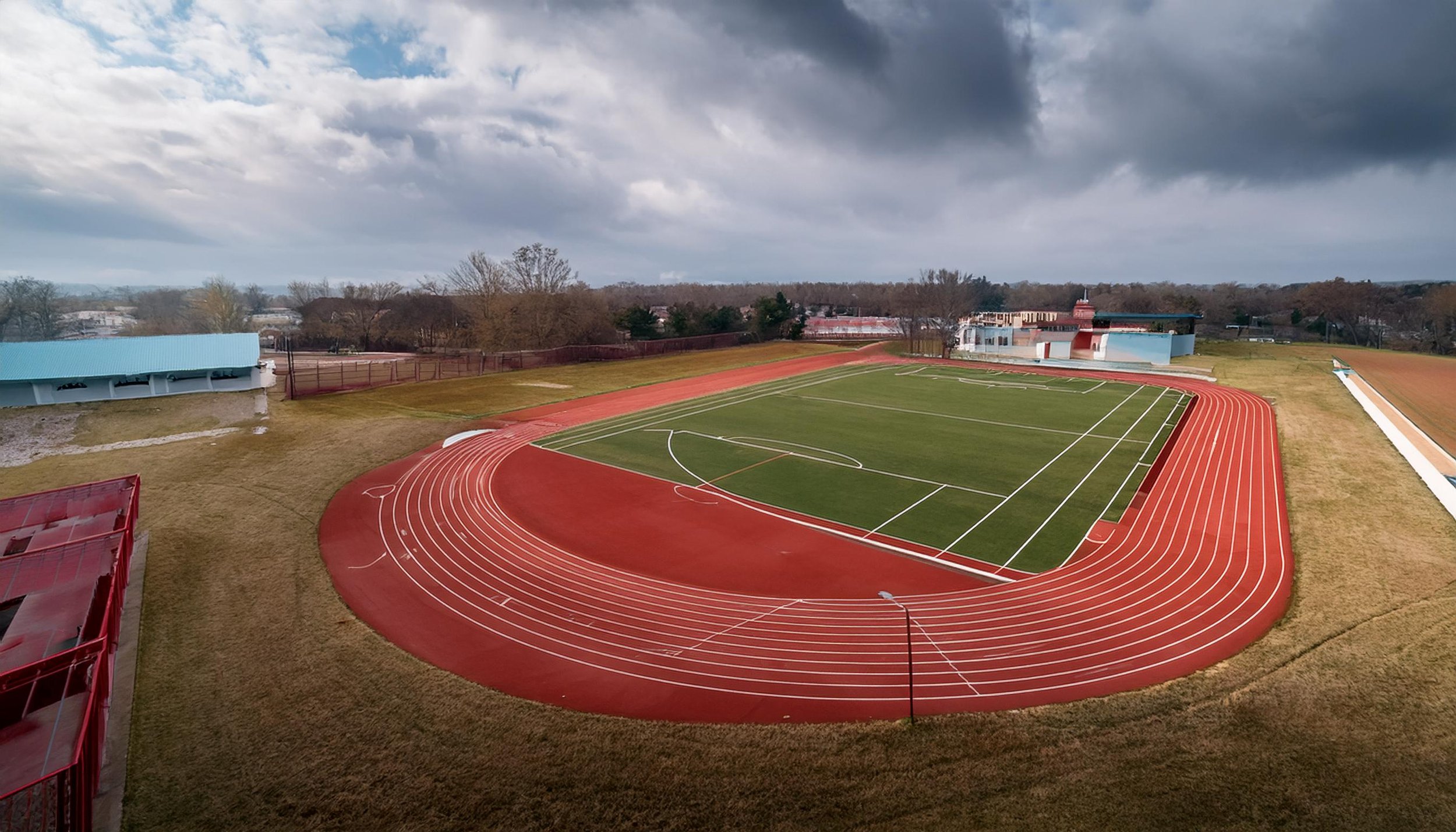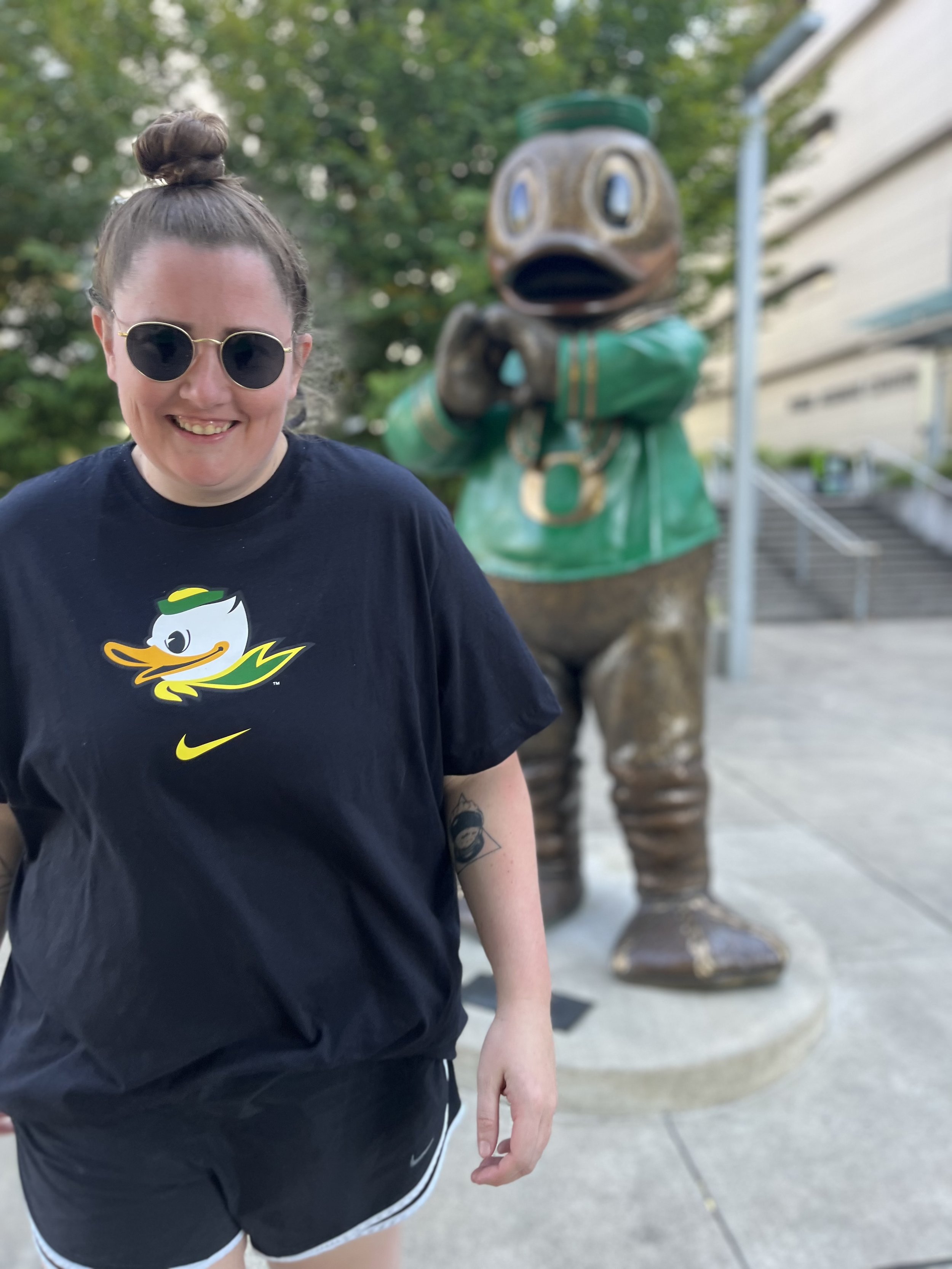I didn't know I was witnessing transfiguration that Sunday morning years ago in Decatur, Georgia, when an elderly man held up the receiving line to tell me about his late wife and her prize-winning hydrangeas. I was impatient—until I took his hand and suddenly understood what November maple leaves have to teach us about letting go.
These days, on morning walks with Tim and Charlie through DC's red-maple-lined streets, I find myself touching those November leaves again—and thinking of the elder saints at First Baptist who are no longer with us: Sadye, Mel, Marvin, Melvyn, Paul, Mary Lou, Ed, David, Frank, Mary, Jim, Harry, John, Bill, Libby, and so many others. This poem is my prayer of thanksgiving for all who taught me to slow down and witness the glory.
In the Receiving Line After Worship
In the receiving line after worship an elderly man
wants to tell me about his hydrangeas. They were
gorgeous last summer, he says, but not as splendidas in 1972 when the blue ribbon at the state fair
went to his wife who, he reminds me, was Miss Butts
County back in the 1950s and whom he still missesevery day, especially when he eats peach jam on his toast
which is almost every morning except Tuesdays
when the VFW guys get together down at the café.The people behind him in line shift on their feet
and glance at their watches while he, oblivious
to their impatience, goes on to describe for me (in detail)the attributes of her winning Lemon Zest Mophead,
which he swears was the size of a dinner plate, or maybe
a large salad plate. The hydrangea story is taking foreverand I feel my own agitation rising, until the moment
I take his hand in mine (a gesture of care but also,
I’m ashamed now to say,
meant to hurry him along) and I feelhis papery fingers which are not at all like a hydrangea
but rather like a maple leaf in November,
all that lush, green vigor stored deep within itselfjust before it releases the limb and is airborne at last,
carried on a breath, caught up in the glory of all created
things, its final fluttering an ovation of praise.
Gratefully,





































